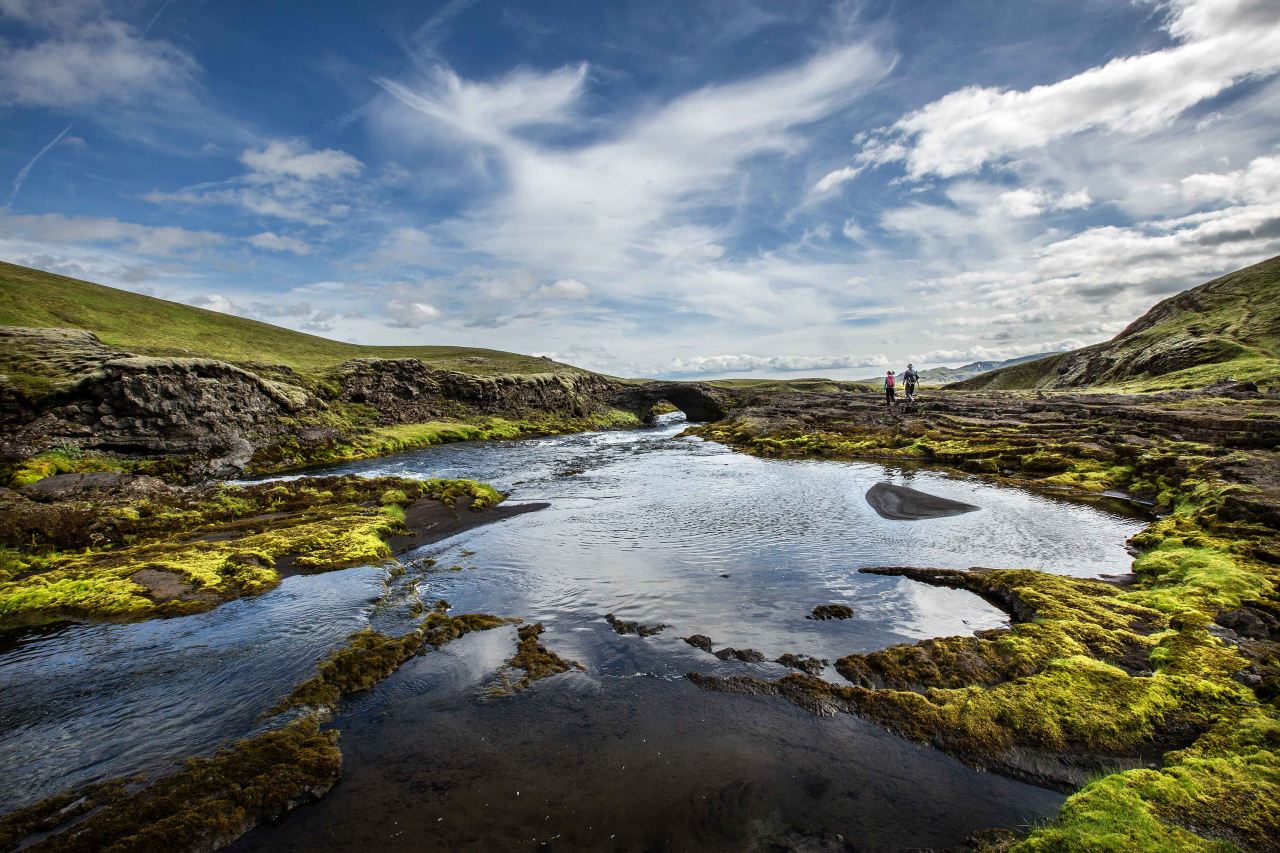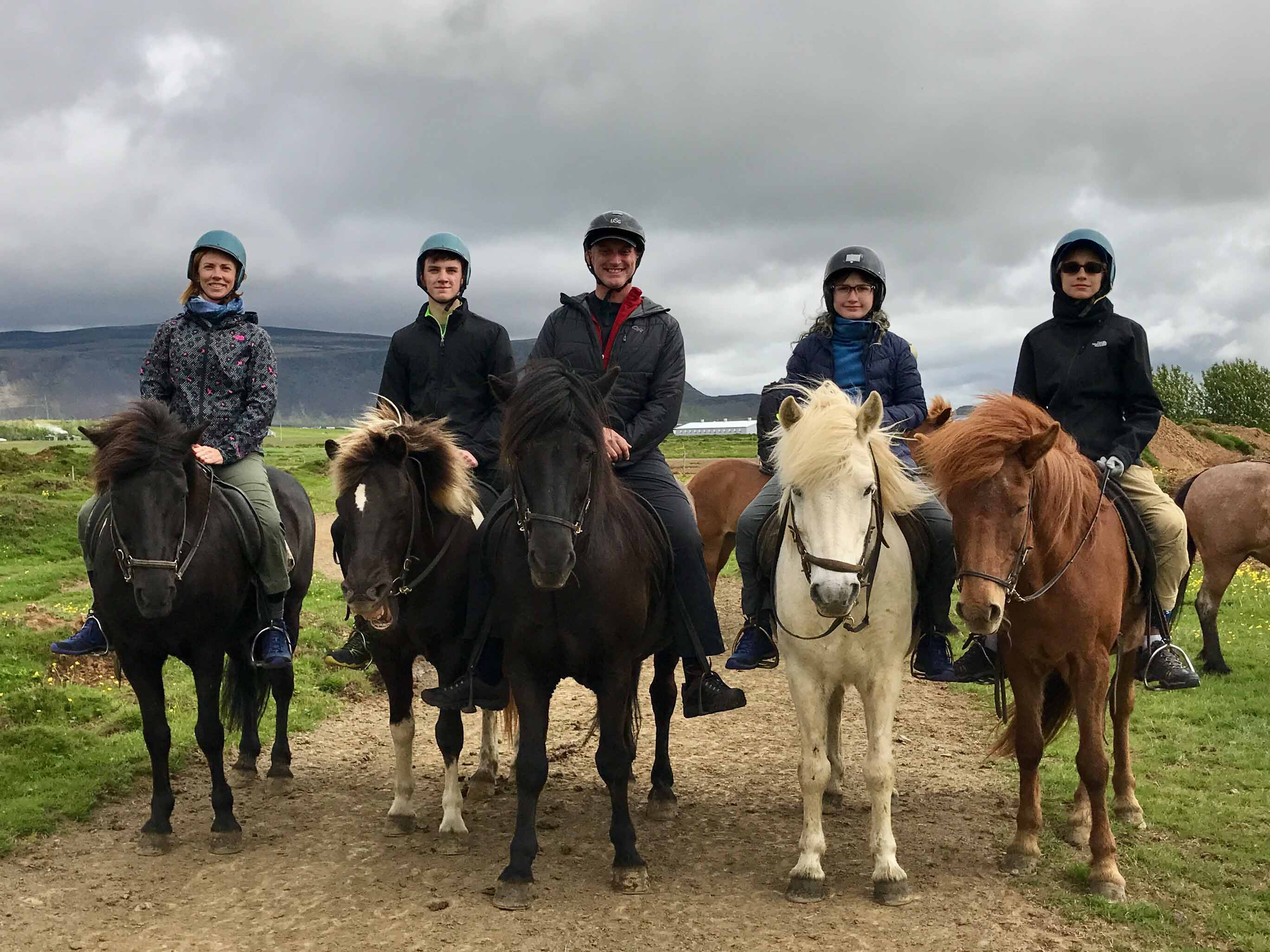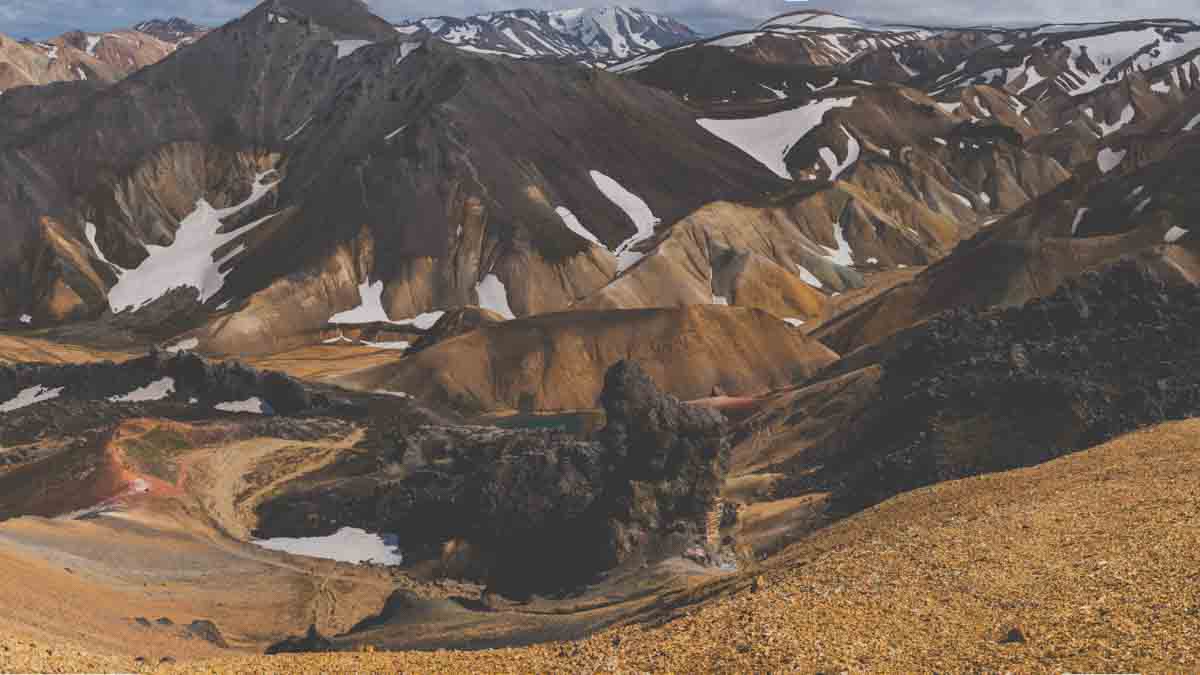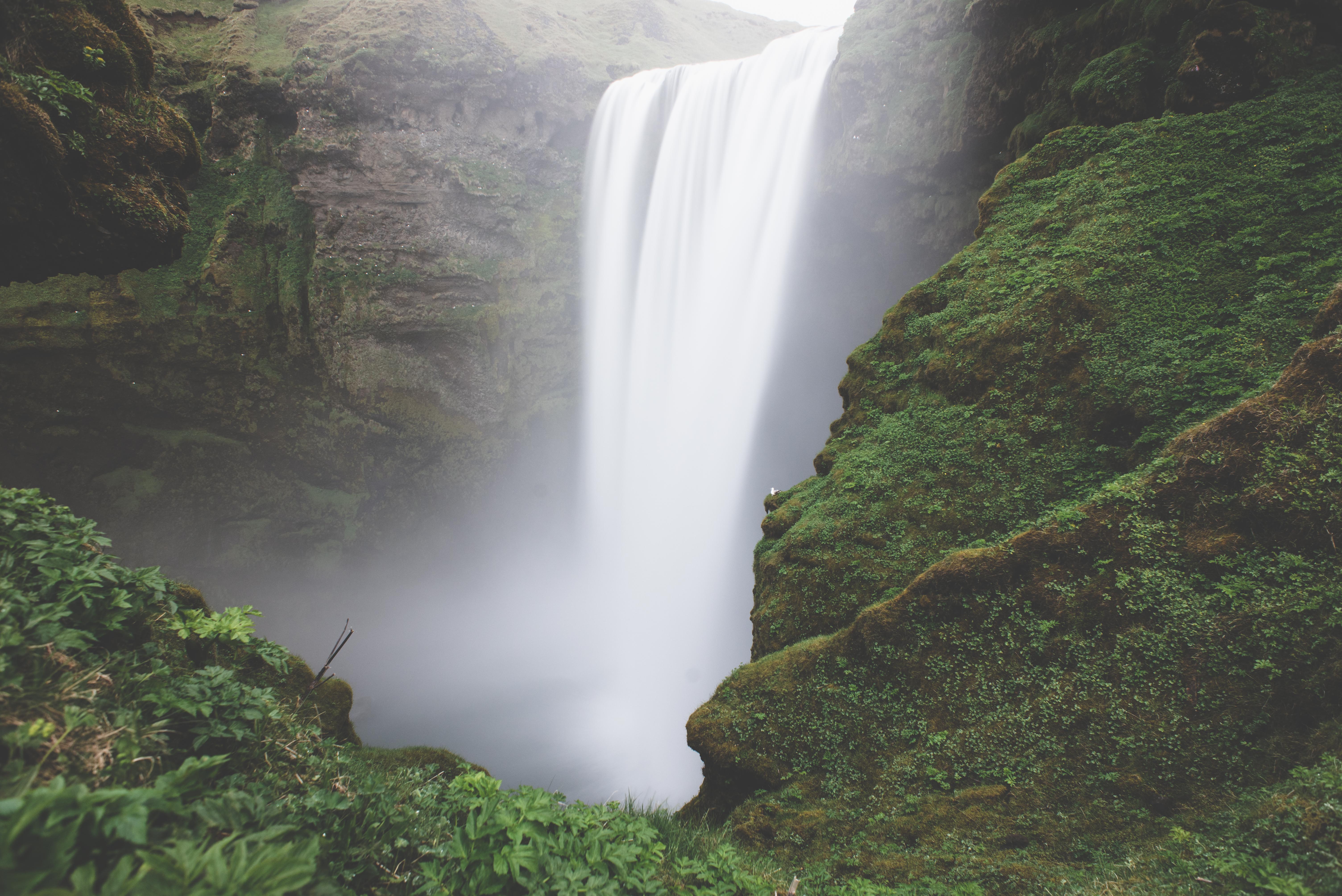How did Reykjavik get it's name?
Reykjavik. It’s the capital of Iceland. Population 123 300, and 216,940 in the Greater Capital Area. For a lot of people, it’s difficult to pronounce (like a lot of things in Icelandic), but the story of how Reykjavik was named is actually pretty simple. As always, however, with all things Icelandic and historical, there is some pretty interesting back story to how this all unfolded.
Enter Ingolfur Arnason. He is said, along with his wife and brother, to be the first permanent Norse settlers of Iceland. There is a large bronze statue of of him in the centre of Reykjavik, on top or Arnaholl. Definitely take a stroll up to the top of the hill, it’s a nice view over the old and new harbours.
Some Etymology
Reykur (smoke) , Vik (bay). Reykjavik therefore means “smokey bay” or “bay of smoke”
Geothermal everywhere
Why was smoke coming out of the ground? It was steam, of course, owing to the highly geothermally active ground. Hot water was seeping out of the ground! Indeed, the main street, Laugavegur, (washing street) is so named because it was the path through which many of the citizens of Reykjavik made their way down to Laugadalur (washing valley) in order to use the hot water for their washing. Here, you will still find Europe’s largest swimming pool.
Why is Reykjavik in that specific spot?
How did Reykjavik come to stand where it is now? Well, The Landnáma, the Book of Settlements, tells how when land was spotted from the vessel, Ingolfur is said to have thrown his high seat posts overboard, and commanded that he would settle wherever his posts washed ashore, in accordance witht he will of the Gods. Once ashore, he sent two of his slaves to look for the posts along the coastline. They searched for three years before finding the posts in a small bay in the southwest of the island.
And so it was; or was it? The Book of Settlements was written 300 years after the actual settlement of Iceland, so how true this story is remains to be seen, there may be a fair amount of poetic license in there, althoguh we will never know for sure. Nevertheless, this is the official story.
From a few buildings to Iceland's first and largest city.
For hundreds of years, Reykjavik was simply a small collection of buildings. However, towards the end of the 18th century there was a lot of migration from the countryside, and Reykjavik began to grow much faster. This occurred in conjunction with the end Danish Trade Monopoly, which came to an end in 1786,and the rise fo the wool industry, and demand for wool from Europe. 1786 is regarded as the year of the founding of Reykjavik as a city.
The Alþingi is re-established
Later, Reykjavik became an important focal point and concentration of activity during the independence movement, which can be said to have started in the 19th century. The Alþingi was re-established in 1845, having been suspended for a few decades and took on a less advisory and a more legislative role, havign been given limited legislative powers by the Danish Crown.
Discover Reykjavik!
There is a lot of history in Reykjavik; in some of the pictures in this post, you will see buildings that are still standing in Reykjavik. We challenge you to find them! Another great way to tour Reykjavik is by walking around and trying out all the different, wonderful and innovative foods that the city is putting out!
Enjoying the blog? Send me updates!
How's the blog? Enjoying it? If so, we can keep you up to date with the latest info, tips, tricks and travel advice from Iceland Rovers. You’ll get a monthly newsletter with a nice little roundup of the posts that we have put out. And that's all.







